Japan’s economy shrinks faster than expected on weak consumption, exports
Japan’s economy has continued to slide in the third quarter of 2021 with global supply disruptions hitting exports and coronavirus restrictions dissuading consumers.
In the period between July and September, the world’s third-largest economy contracted by an annualized rate of 3%, after a revised 1.5% gain in the first quarter, government data showed on Monday.
The weak gross domestic product (GDP) contrasts with other big economies, which saw its economy expand 2.0% in the third quarter on strong pent-up demand.
On a quarter-on-quarter basis, the country’s GDP dropped 0.8% compared with market forecasts for a 0.2% decline, the preliminary data showed.
With companies in different sectors still on the path to recovery from devastating effects of the COVID-19 pandemic, Japan’s automotive industry seems to be the hardest hit.
According to analysts, Japan's heavy dependency on the auto industry means its economy is more vulnerable to trade disruptions than other countries.
The auto industry has been severely affected by shortage of computer chips all over the world.
Many of the world’s leading automakers have reported decline after having been forced to cut production by closing down factories and idling plants. Their sales have plunged drastically reflecting problems in the global semiconductor shortage that has held down output and inventories.
In a statement in September, Toyota announced it would manufacture 330-thousand less vehicles in October prior to its previous plans.
Prime Minister Fumio Kishida plans to compile a large-scale economic stimulus package worth “several tens of trillion yen” on Friday, but skepticism remains about its effect on growth near-term.
The package will feature measures to strengthen the chip industry but it will take time to build new factories. The package also aims at giving universities more resources to boost science and technological research.
The data also showed private consumption, which makes up more than half of the country’s economy, falling 1.1%, versus a 0.5% drop expected by economists.
Consumer spending fell for the first time in two quarters, as expenditures on services including trips and dining out remained sluggish under the government's months-long virus emergency, lifted on October 1.
Analysts polled by Reuters expect Japan’s economy to expand an annualised 5.1 percent in the current quarter, as consumer activity and auto output pick up thanks to a drop in COVID-19 cases and easing supply disruptions.
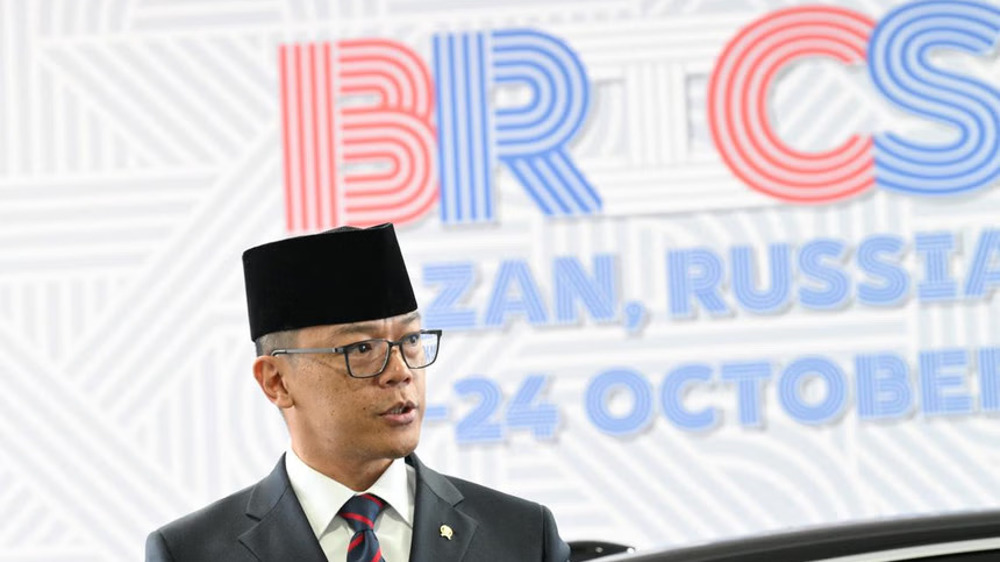
Indonesia joins BRICS bloc of developing nations as full member

Protesters in Sydney decry genocidal war in Gaza
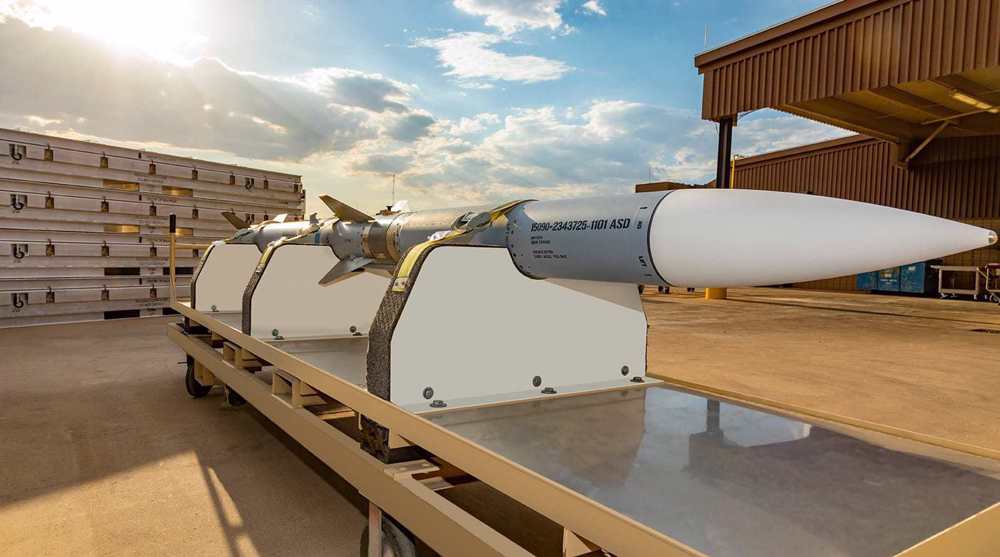
US approves $3.6 billion sale of missiles to Japan
California's fires reminiscent of Israeli savagery in Gaza: Zarif
VIDEO | Press TV's news headlines
Israeli ministers discuss plot to divide Syria: Report
Pezeshkian felicitates Aoun on election as Lebanon’s president
VIDEO | Brutal murder of journalist in India prompts calls for justice
VIDEO | Iran unveils new AI drone in Great Prophet 19 military drills
110,000 Basij forces display defense capabilities in Tehran parade
VIDEO | Joseph Aoun elected as president of Lebanon


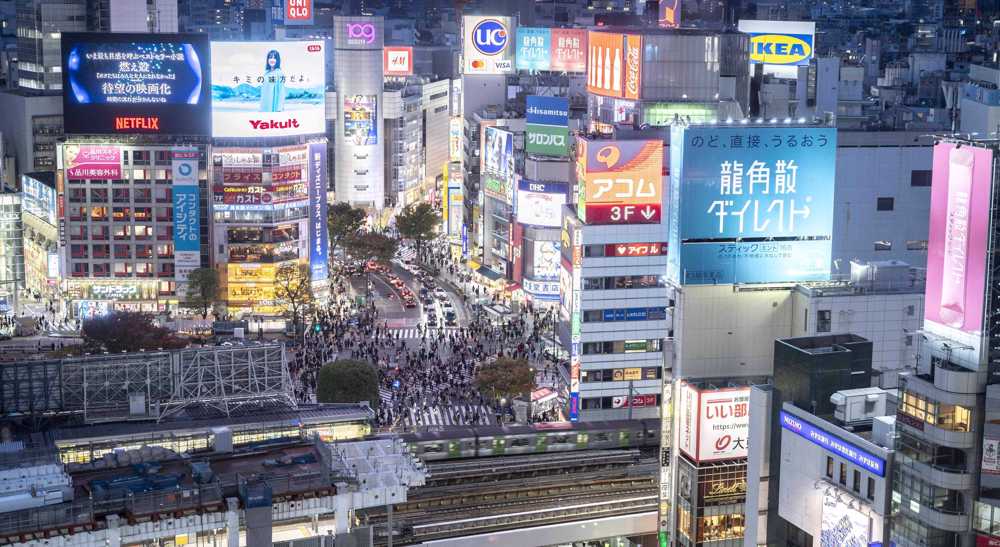




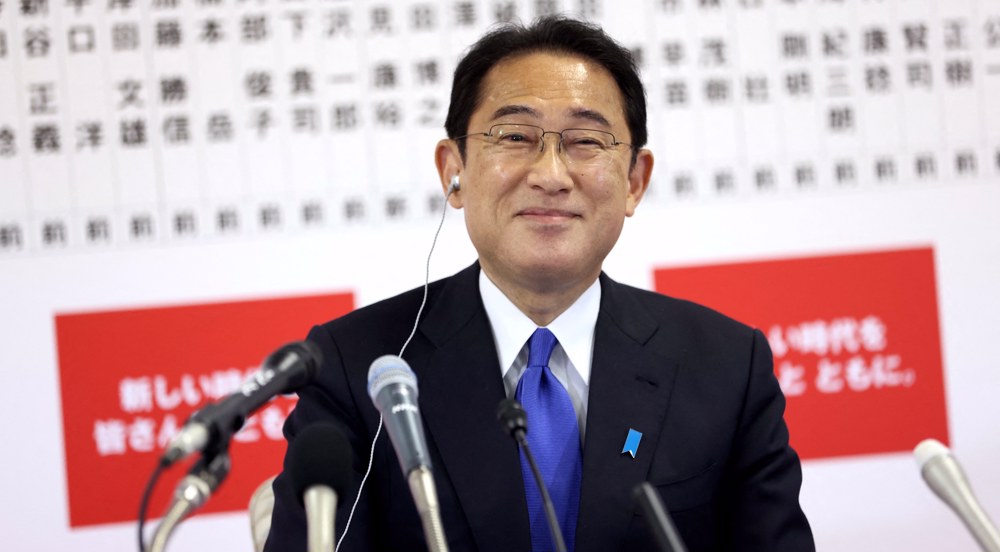

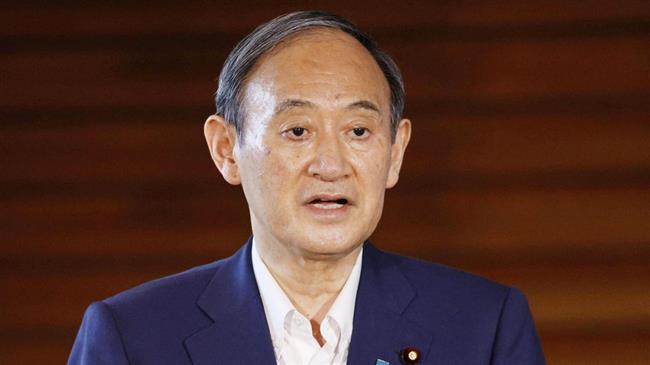

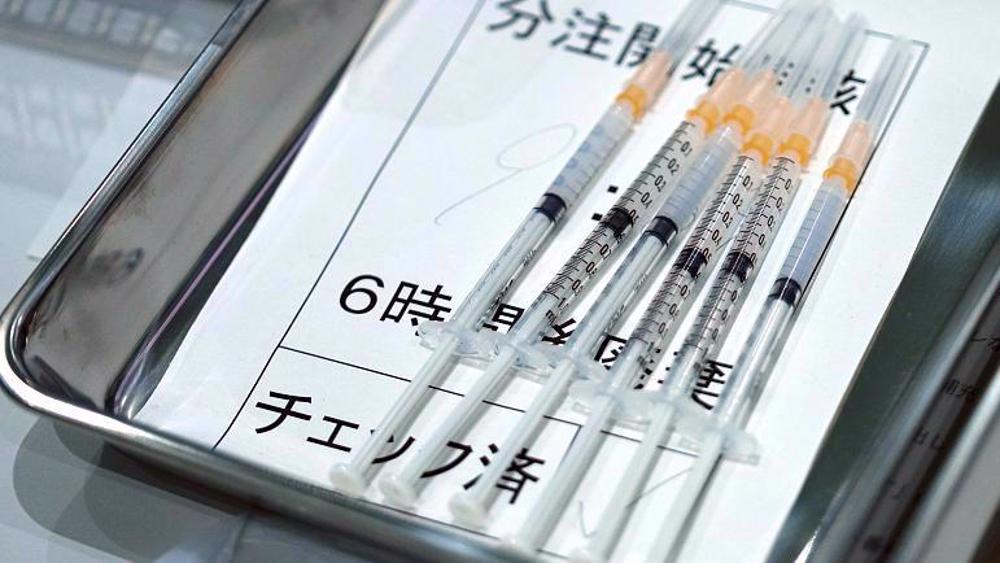

 This makes it easy to access the Press TV website
This makes it easy to access the Press TV website